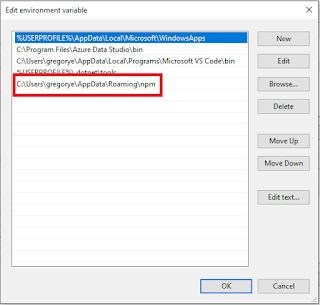I have a code below which returns an object after satisfying a given condition.
1
2
3 | result = listCountryStateCollection.Find(e => (e.CountryName.ToLower().Trim() == accomTempHotel.CityProvinceCountryName[0].CountryName.ToLower().Trim())
&& (e.StateName.Trim().ToLower() == accomTempHotel.CityProvinceCountryName[0].StateName.ToLower().Trim())
&& (e.SuburbCityName.Trim().ToLower() == accomTempHotel.CityProvinceCountryName[0].SuburbCityName.ToLower().Trim()));
|
The problem I encountered was that, it was slow in getting the desired results. After doing optimization/code checking I came up with a simple solution. The solution is not to include string manipulations in your LINQ but instead the processing should be done using variables as defined below:
1
2
3
4
5
6 | string country = accomTempHotel.CityProvinceCountryName[0].CountryName.ToLower().Trim();
string state = accomTempHotel.CityProvinceCountryName[0].StateName.ToLower().Trim();
string suburb = accomTempHotel.CityProvinceCountryName[0].SuburbCityName.ToLower().Trim();
result = listCountryStateCollection.Find(e => (e.CountryName == country)
&& (e.StateName == state)
&& (e.SuburbCityName == suburb));
|
Greg



Comments
Post a Comment